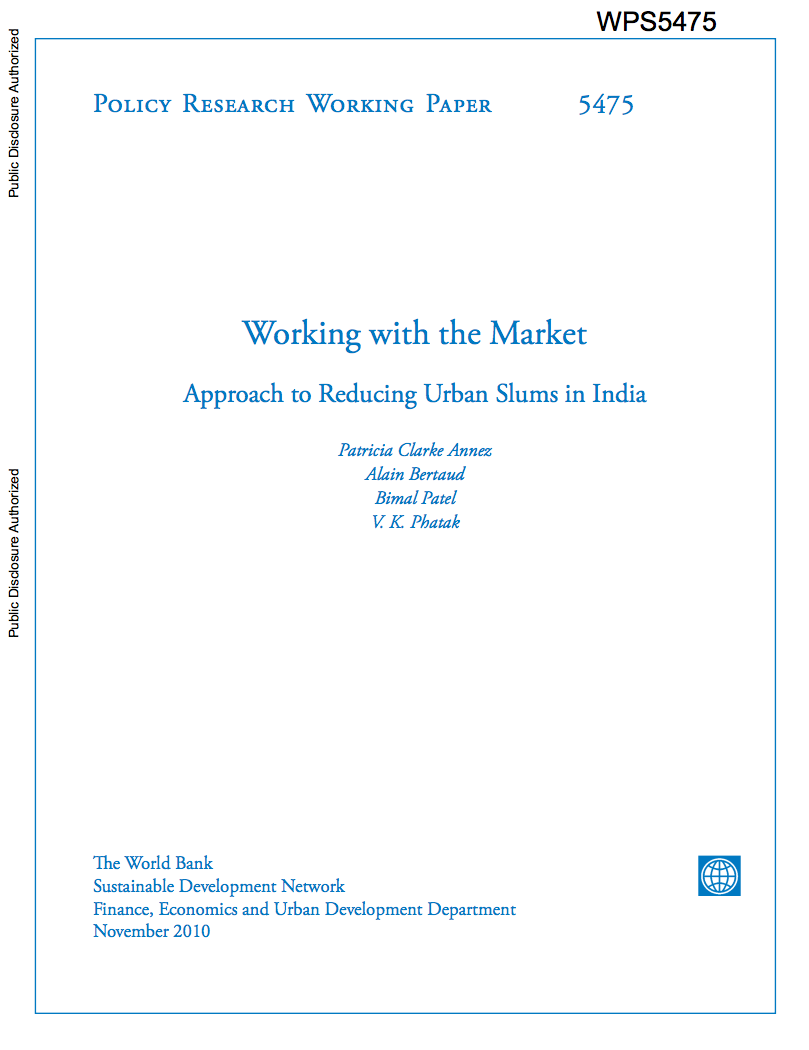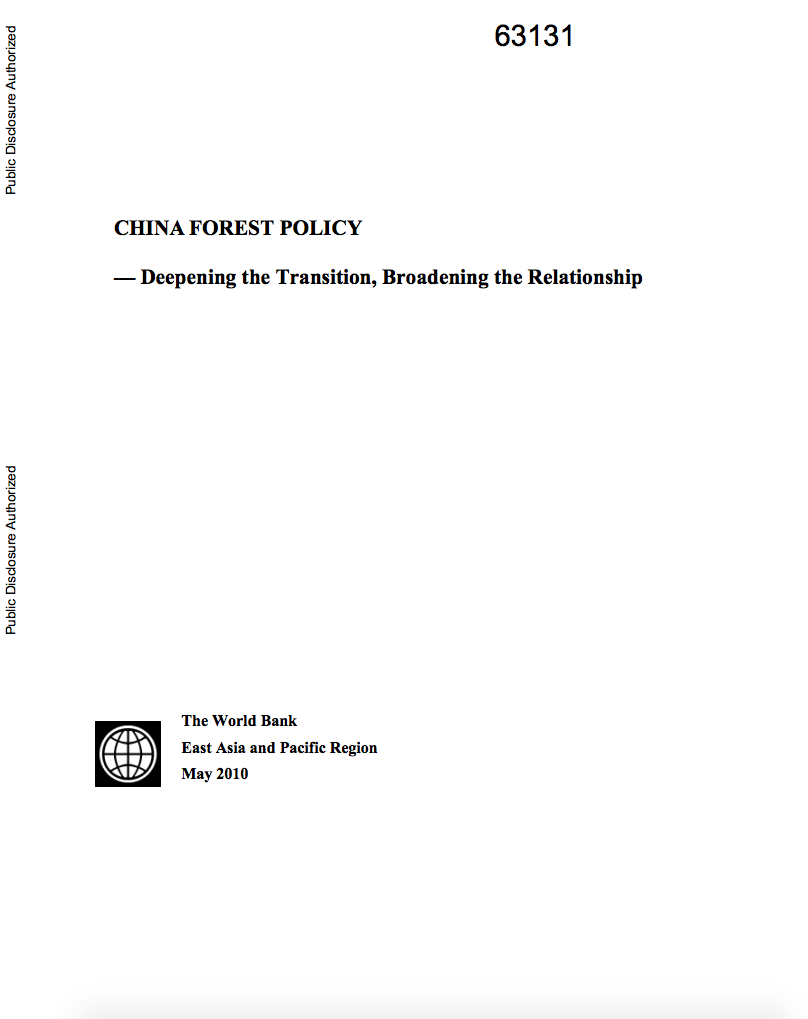Agriculture and Development : A Brief Review of the Literature
After 20 years of neglect by
international donors, agriculture is now again in the
headlines because higher food prices are increasing food
insecurity and poverty. In the coming years it will be
essential to increase food productivity and production in
developing countries, especially in Sub-Saharan Africa and
with smallholders. This however requires finding viable
solutions to a number of complex technical, institutional



